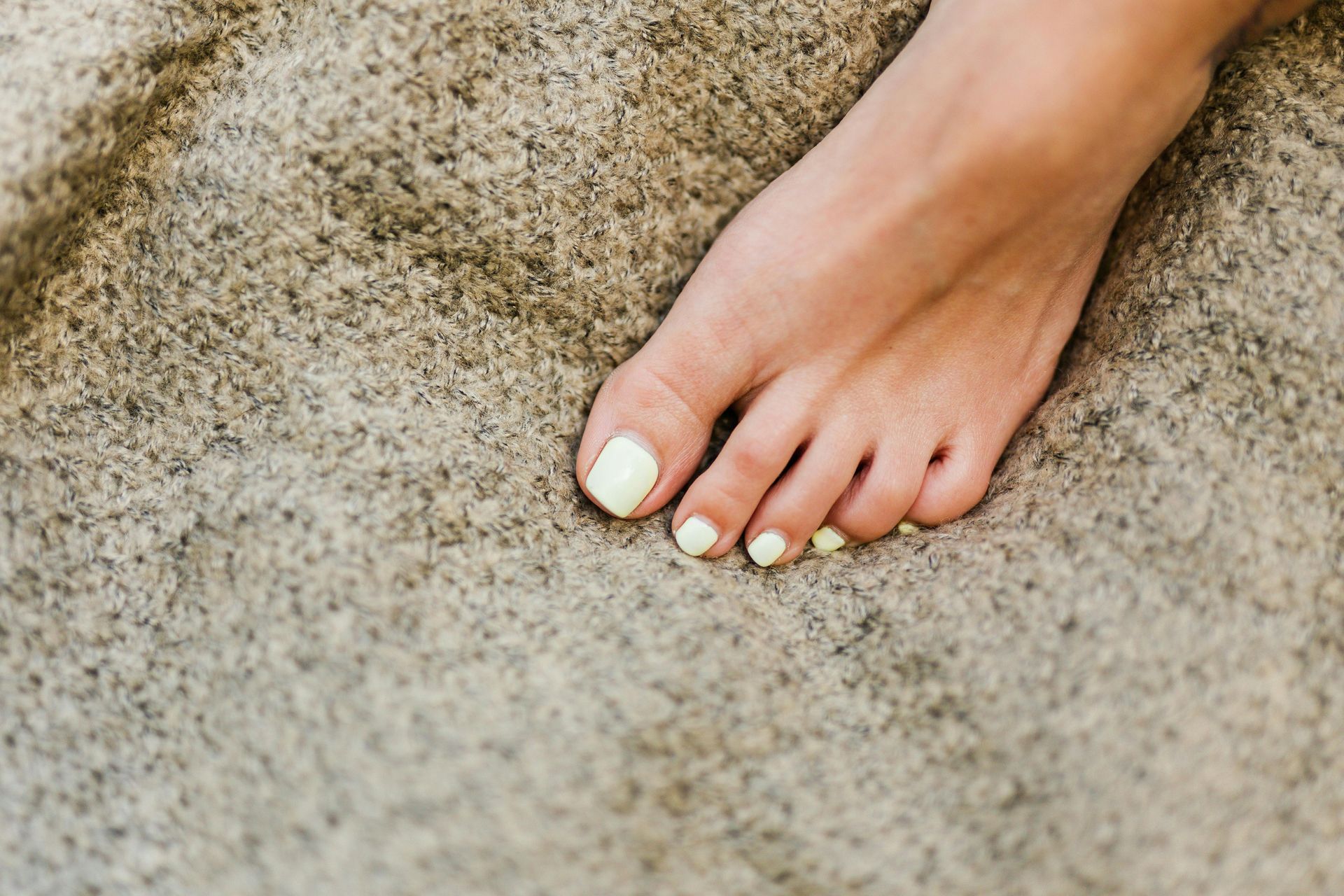Sugar and Glucose Spikes - should we worry about them?
Or are they a storm in a (sweet) tea-cup?
A quick caveat - this blog is by way of general information.
I'm not a microbiologist, nutritionist or a registered dietician. And I'm not qualified to give you any medical advice or write diet plans for you.
However, as you know, I am interested in all topics wellness and am very happy to read technical stuff and hopefully, make it less technical for you.
So, today's question - glucose spikes...what are they and should we be trying to manage them?
Glucose spikes - what are they?
Put really simply this is when glucose builds up in your bloodstream quickly.
This can happen after you've eaten - usually around 1.25 hours after - and the food has been broken down into its constituent parts.
And alongside that glucose spike, you get an insulin spike as the body reacts to try and process the glucose.
If you want more of the techie stuff going on, check out this blog
Is it bad to have glucose in your blood stream?
No, glucose is the primary source of energy for every cell in your body so you need glucose.
But what the body likes is a nice steady state of glucose, because when we have too much of it, our sugar management processes can't do their job properly.
What happens when the sugar management processes go awry?
Every time the body detects glucose, it releases insulin, which acts as the key to get the glucose into cells for further processing.
If there's too much glucose, and a lot of insulin, the body key stops working. Your body is said to be "insulin insensitive".
So more insulin is released, but the glucose is still swirling around.
To be clear, insulin insensitivity isn't something that happens with a one-off sugar binge.
It takes a while of repeated or consistent high blood sugar.
And over time, it will move from insulin insensitivity to insulin resistance to diabetes.
OK, that doesn't sound fun.
Not fun at all.
In fact, here are a bunch of other things that have been identified as being directly related to uncontrolled blood sugar:
- low mood (⬅️sugar influences the brain rewards circuitry)
- cognitive function (⬅️leads to higher incidence of dementia, Alzheimers and vascular dementia)
- hot flushes (⬅️still not fully understood, quelle surprise, but sugar crashes seem to make a flush more likely)
- sleep quality (⬅️which can lead to you eating more sugar and fatty foods)
- imbalance in gut bacteria (⬅️ which can also lead to mood changes)
- increased cortisol levels (⬅️ stress hormones)
But the good news is that insulin insensitivity and resistance are both fully avoidable AND reversible.
How can we avoid glucose spikes?
The spikes are more likely to happen when a lot of glucose is dumped into the blood stream in one go.
Foods that create this effect are said to have a "high glycaemic index level".
The sort of foods that are high GI can easily be broken down into glucose and tend to be things that are highly processed like breakfast cereals, crisps, cakes, biscuits, ice-cream and white bread; as well as foods like cooked potatoes, jasmine rice, watermelon or dates.
Foods that are low GI can't be broken down so easily. This means that the glucose is released into the blood stream more slowly and the amount of insulin released can keep up with it.
Vegetables, lentils, wholegrain bread, whole fruit, beans, peas, oats, apples and oranges tend to be lower GI.
In many cases, it's the amount of dietary fibre that makes them harder to break down.
Interestingly, cold food digests slower than hot foot; and some foods that are high GI, like potatoes, act as low GI once cooled (it's to do with how the starches react to heating and cooling).
How do I know if I'm having a glucose spike?
You probably won't unless you're wearing a glucose monitor.
Are they more challenging for women?
Yup.
Both excess and low levels of oestrogen have been linked to higher levels of insulin resistance.
So it's a good idea to keep your blood sugar levels stable so you don't over-stress an already stressed system.
What else can I do to avoid or reverse insulin insensitivity or resistance?
We've already talked about eating more fibre....eating more protein can also help as it leaves you feeling fuller for longer and less likely to reach for the biscuit tin.
It wouldn't be me if I didn't talk about the benefits of exercise. This allows your muscles to use the glucose that's in your system.
In fact, going for a brisk 15 minute walk after your meal has been shown to reduce glucose and insulin spikes.
Managing your stress levels and sleep also have a massive impact on what you eat and want to eat; as well as on your body's ability to process the food.
And finally, I seem to find myself saying sorry for this a lot....but reduce your alcohol consumption. Most alcohol is high in sugar.










